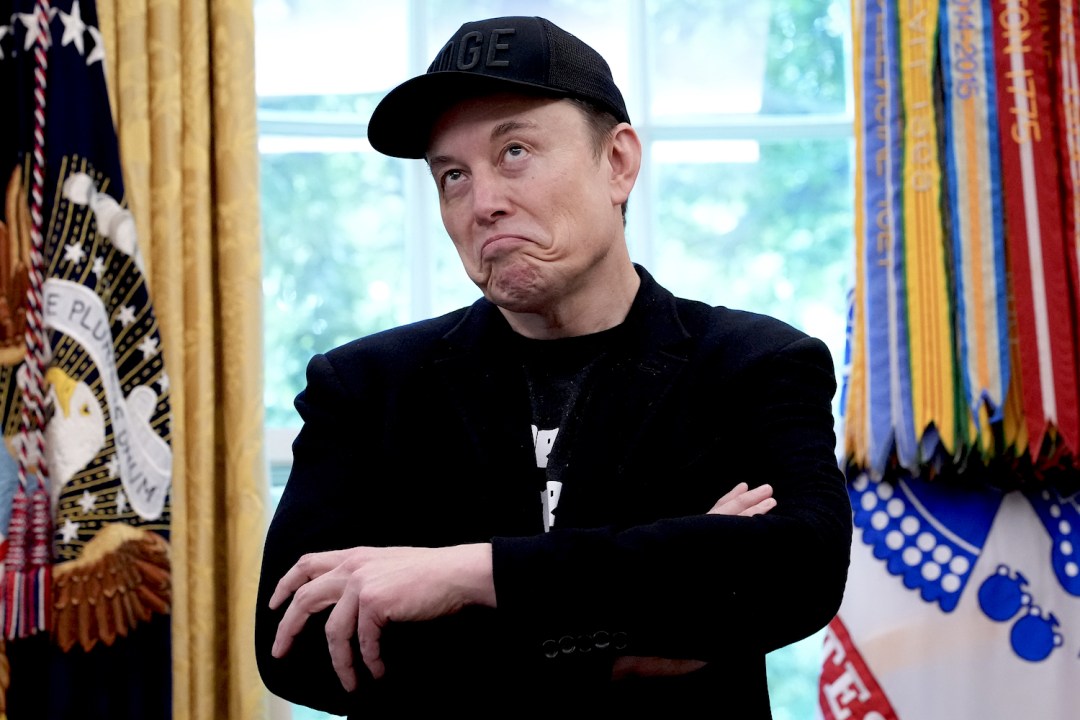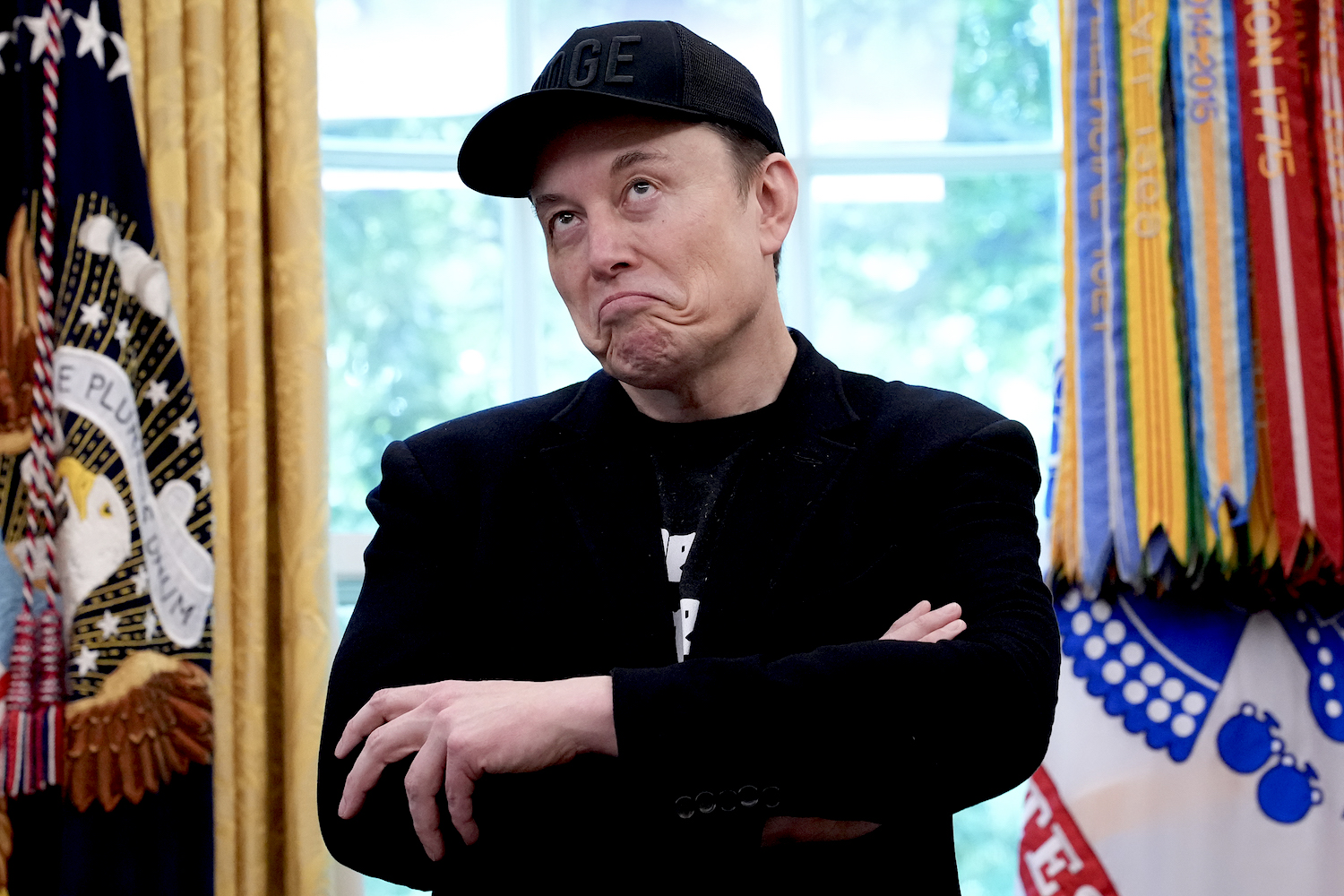When Elon Musk tweeted his vision for an ‘America Party’, he ignited a firestorm of hope and scepticism. The idea was inspired by his anger for Donald Trump’s $5 trillion spending bill. In the UK, Ben Habib and Rupert Lowe, formerly figures in Reform, have splintered away from Britain’s populist party over splits with Nigel Farage. Musk, Habib and Lowe are all disruptors united by disdain for broken systems, and all face harsh electoral realities. In the US, a hypothetical Musk-led party could split the Republican vote, potentially handing Democrats victories. Habib and Lowe could dilute the populist vote in the UK, most of which is currently with Reform.
Musk’s flirtation with a new political movement stems from his clash with Trump over fiscal policy. Musk’s platform – slashing deficits, deregulating business and boosting high-skilled immigration – appeals to tech-savvy moderates and disillusioned independents. On X, Musk has framed himself as a voice for the pragmatic middle, critiquing both parties’ extremes. But his vision lacks the cultural red meat – ‘America First’ border control or anti-woke rhetoric – that fuels Trump’s MAGA base. Musk’s $250 million investment in America PAC for Trump’s 2024 campaign shows his financial clout, but he would struggle to go it alone.
The US electoral landscape is unforgiving to new parties. In 1992, Ross Perot’s Reform party won 19 per cent of the vote but zero electoral votes, a cautionary tale for any Musk-led venture. State-by-state ballot access laws, such as California’s requirement of roughly 131,000 signatures, would also pose logistical hurdles. Musk’s wealth – estimated at $400 billion in 2025 – could fund signature drives and ad campaigns, but building a national infrastructure by 2026 is daunting. Republican strategists have suggested that Musk could reshape the party from within, using his America PAC influence and X’s narrative-shaping power, rather than risk starting a third party and failing. Others have warned that his centrist pitch – pro-immigration, pro-tech – alienates voters demanding border security and cultural conservatism. Polls, while unconfirmed for 2025, suggest Republicans view third-party efforts sceptically.
The the UK, Habib and Lowe are part of a populist surge not dissimilar from that which brought Trump to power. Habib has this week launched a new political party, Advance UK, which he says stands for a ‘proud’ and ‘independent’ United Kingdom, where ‘the political views you hold won’t land you in jail’. It is billed as an alternative to Reform. Lowe, meanwhile, has just launched Restore Britain, a ‘movement’ that will pressure political parties to ‘slash immigration, protect British culture, restore Christian principles, carpet-bomb the cancer of wokery’. The UK’s first-past-the-post system is brutal – Reform’s 14 per cent in 2024 yielded just five MPs – and so a fragmented populist vote could split the right and gift Labour seats.
Populism in the US and UK shares politics but fights different battles. Musk decries bureaucratic bloat and unfulfilled 2016 promises, while Habib and Lowe target Labour’s cultural shifts and attack Farage personally. Musk’s X is the transatlantic wildcard, shaping narratives but fuelling polarisation. Reports earlier this year suggested Musk was thinking about making a significant investment in UK politics. In the US, his $250 million America PAC war chest (and X’s reach) give him leverage, but Republican loyalties and the Electoral College limit third-party impact.
Disruption without cohesion breeds division. The US and the UK need fresh ideas, but splitting conservative votes could empower the elites they oppose. The lesson is clear: conservatives must channel their zeal to reform existing parties from within. To do otherwise risks electoral failure.








Comments